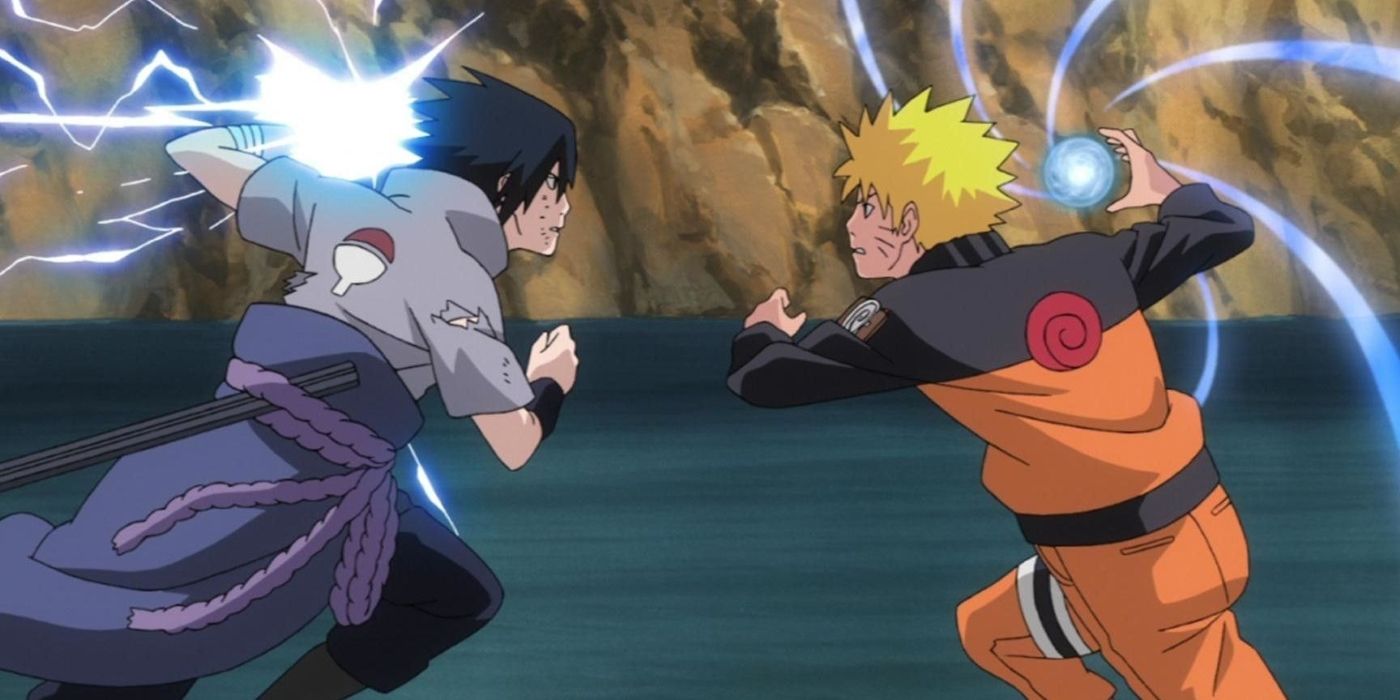
“I think I am so brave to even do that,” Fujii Kaze laughs. It’s the day after his second sold-out show at London’s O2 Shepherds Bush Empire, and he’s reflecting on his set, which saw him cover a song by one of London’s most distinctive and memorable musicians – Amy Winehouse’s ‘Love Is A Losing Game’.
“It’s very London,” he adds of the track. “It’s very simple as a song; the structure is very simple. But I can feel the depth. It’s just very classic and peaceful vibes, but it still has a depressing feel to it. I love that kind of contrast. I’m really happy to perform the song in London, especially. And Amy Winehouse has a live album recorded in that venue, so it’s crazy. I tried to reflect some of Amy’s spirit, London spirit.”
Simplicity is something the Japanese musician aimed for on his new album ‘Prema’, which also marks his first English-language record. Writing in a language that isn’t his native one helped him pull that off. “I can be more simple and clean when I think in English,” he reasons. “I love the feeling because I want to be a simple person. I want my songs to be simple and clean, not very complicated or difficult to understand. So writing and thinking in English makes my vision clear, and I really love that.
“A part of me also felt like I’ve already written all of my Japanese songs already or something. I couldn’t say anything more in Japanese. It was very challenging, but I also wanted to know how other people write, or what they would write to my melody. I’m curious about that, so I wanted to try to write music with someone else.”
Fujii Kaze joined NME for the latest edition of our In Conversation series to dive into ‘Prema’, working with A.G. Cook and Tobias Jesso Jr, and the love contained within his new record.
Welcome to London. You’ve performed here over the last couple of days – how’s it been?
Fujii Kaze: “I love the people. I love this city. I love the venue. It’s so old-fashioned and vintage. I love that. But performing, I’m still trying to figure out how to perform. I still don’t know what to do on stage, but yeah, I tried my best, and the people were so lovely.
You once told a friend that you were going to focus on making it in Japan until your late twenties, and then you would come overseas after that. But going overseas started a little bit earlier for you with the success of ‘Shinunoga E-Wa’ in 2022. What was the experience of that song unexpectedly going viral like for you?
“It was so unexpected. I didn’t care much about TikTok or short-form content before, but I realised how big it can be – that platform can be and for the music business as well. It felt very unexpected. It’s like certain blessings from God or something.”
It brought you a lot of positive things, but it also brought you a lot of confusion as well, in terms of what you wanted to do next, or whether you should even continue as an artist. What was it about that experience that left you feeling so lost?
“I’d already released two full-length albums and I felt like I could say everything I wanted to say at that time, especially in Japanese. I [was] totally lost [about] what is the next step, next chapter for me as an artist. I didn’t know. I [was] satisfied with what I’ve done and what I’ve been blessed with. I always think it’s important to feel satisfied and content all the time, but it can be tricky sometimes for the career or start[ing] a new thing. It’s confusing.”
What made you decide to continue then? What made you want to keep going and eventually make ‘Prema’?
“Thankfully, I got an opportunity to make a new song for the [FIBA Basketball World Cup 2023]. That helped me a lot because it was like life told me, ‘There’s still something you can do’. The offer to write a song helped me a lot to continue as an artist because, without it, I wouldn’t know what to do. I’m very grateful they asked me to do something and, luckily, my manager let me go outside of Japan and get some inspiration.”
You worked a lot on music in LA. What kind of inspiration did you get from being in that city?
“The weather. The sunshine. The vibes inspired me a lot, somehow. The atmosphere, the temperature and everything made me want to make something positive, something uplifting, something more energetic. That helped me a lot.”

On ‘I Need You Back’, one of the songs on ‘Prema’, you sing about apathy. Does that connect to when you were feeling lost and not knowing what you wanted to do?
“Absolutely. I’m very clear and honest on that song. I was very indifferent. I simply lost all of my passion or energy. So I tried to figure out the way to bring it back to me. So ‘I Need You Back’, the lyrics directly reflect that state of mind.”
“I simply grew up with all of the English songs, so I always thought how nice it could be to write some songs in English and release an album fully in English. That’s always been one of my biggest dreams – making English songs and making an English album itself. But I almost forgot about that because of all of the chaotic situations and a little bit of satisfaction [that I received]. Thankfully, all of the people around me reminded me that I still got something to do with my life.”
You worked with other people on this album, like A.G. Cook and Tobias Jesso Jr. What was your experience like working with them?
“They’re all so chill and peaceful, so it was a very easy process. It went so smoothly, especially the production process. I felt like I wanted to get involved with my music deeper and deeper than ever before. So I told them each and every opinion of mine and it felt like we created together, [I didn’t] completely leave it to them. I fully became a part of the producers and writers. [It was] so satisfying.”
Musically, ‘Prema’ sounds very ’80s – there’s some new jack swing in there, some disco, some synth-pop. How did the sounds of the ’80s and artists from that decade inspire this album?
“I love the passion that era had. I felt like they were always trying to do something new and innovative. Look at Michael Jackson‘s or Madonna’s music videos. They were so creative and full of passion for the art and creativity. I’d love to bring that feeling back to this era. I really love the energy and passion that ‘80s music and art has, so I felt like I needed that energy to continue as an artist and to make another album.”
Prior to ‘Prema’, you’d never made a song from scratch with another writer or another producer. What was your experience of that process, going into the studio with someone and building something out of nothing?
“Hachikō’ is one example of that. It’s the only song that I worked on from scratch with other people. It was quite challenging and [such a] different experience for me. Now I’m feeling like I have to do that more often because it gave me some very unexpected ideas and totally different kind of inspiration. So I want to be more flexible and open to challenges, open to do something new. ‘Hachikō’ went so smoothly – I never thought about putting a little bit of Japanese into my English songs. It was a brilliant idea and it bridges my Japanese career into something new, so I’m really thankful for that opportunity.”
‘Hachikō’ is a message to your fans and a thank you to them for waiting for you. What does it mean to you that so many people have been waiting for three years for new music from you?
“My fans are so patient. I only have randomly dropped [a few] singles over these three years. I’ve always wanted to make another album, but it took so much longer than I originally hoped so I wanted to thank them for waiting for me for that long, and I wanted them to feel excited for the new chapter.”
The title ‘Prema’ comes from the Sanskrit for “love”. Your previous album titles are also messages for an ideal world, almost. How does this title connect with those ones and the general message you want to share as an artist?
“My two previous album titles are also related to Hindu philosophy, and ‘Prema’ is related to Sanskrit and Hindu culture. It’s totally connected with each other in my own world, but it’s not very obvious. I always knew that if I could release my third album, the title would be ‘Prema’. I always wanted to [feel] 100 per cent love, a little bit higher kind of love. I wanted to feel that spiritual love inside of me, so it was very important for me to call this album ‘Prema’.”
Where do you go from here after ‘Prema’? What’s the next achievement that you want to gain, or what do you want to explore musically?
“Hopefully I can make one more English album, because only nine tracks is kind of sad. I don’t know about the future, though. I hope God leads me somewhere. I leave it to him and do whatever [he wants] me to do.”
Fujii Kaze’s ‘Prema’ is out now via Republic Records
The post Fujii Kaze: “Making an English album has always been one of my biggest dreams” appeared first on NME.













 Bengali (Bangladesh) ·
Bengali (Bangladesh) ·  English (United States) ·
English (United States) ·